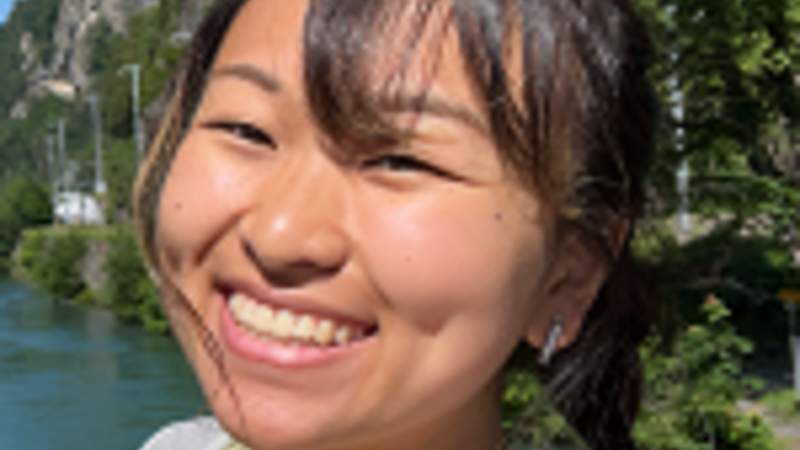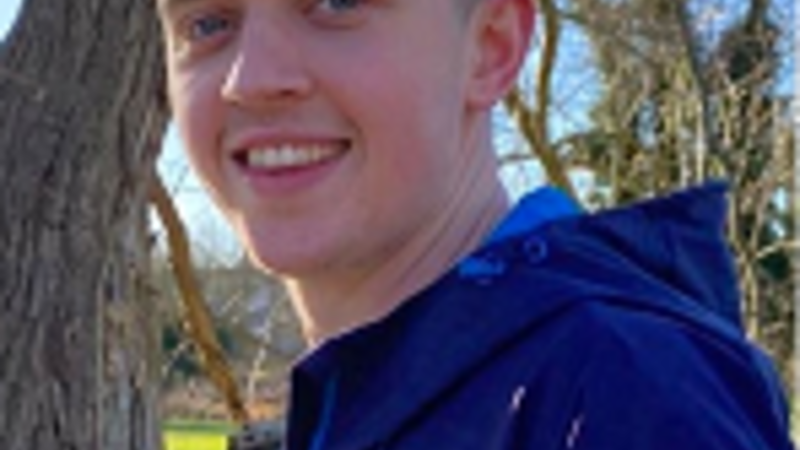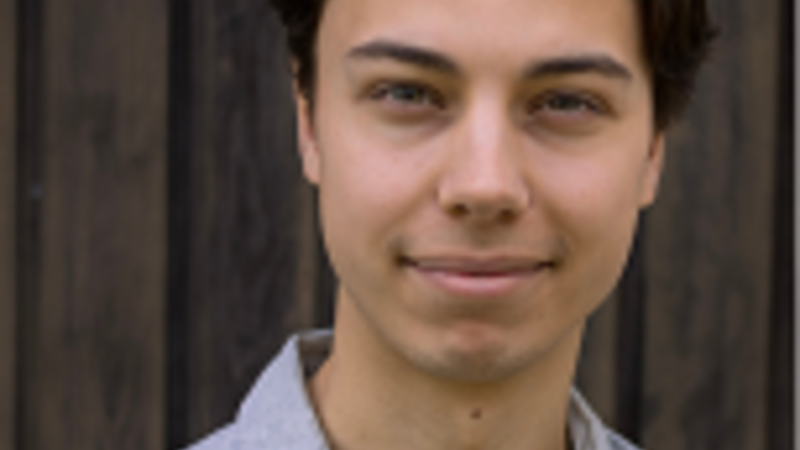Welcome to new Herchel Smith PhD Students at Cambridge!
In October we have the pleasure of welcoming a new cohort of the Herchel Smith Phd Students to the University of Cambridge!
The Herchel Smith Studentships are considered ones of the most prestigious at the University. Bequeathed to both Harvard University and University of Cambridge by the distinguished chemist Dr Herchel Smith, the scholarships give an opportunity for early-career scientists to work on their PhD in life sciences.
We warmly welcome Yuri, Ben and Jonas and we hope they have a great time at Cambridge!
Yuri Takahashi Department of Genetics Ever since my grandmother gifted me with a microscope during my childhood, I’ve always been captivated by how organisms develop and progressively change shape. Driven by my love for developmental biology, I graduated in 2022 from the University of California, Berkeley in the US with an honors in molecular and cell biology [genetics, genomics, and development emphasis]. During my four years at Berkeley, I worked in Professor Nipam H. Patel’s evolutionary developmental biology lab under the mentorship of graduate student Dennis A. Sun to study the evolution of crustacean Hox regulation. My research methodology was based on how small changes at the genetic level (i.e. CRISPR-Cas9 genome editing of core evolutionarily-conserved Hox regulators) result in organism-level phenotypes (i.e. homeotic transformations). Building on my research experience in the Patel Lab, I hope to pursue the reciprocal question for my PhD studies in the Steventon Lab at Cambridge—“how do perturbations at the system-wide level drive macromolecular-level changes to genetic and signaling processes in cells?” Under the supervision of Dr. Ben Steventon, I will be using gastruloids as a model system to understand the roles of the extracellular matrix in driving germ layer patterning in vertebrate development and morphogenesis. When I am not in the lab, I am usually hiking/camping, traveling, dancing, napping, cooking, or calling my friends and family. |  |
Ben Iddon Department of Chemistry Throughout my undergraduate degree in Natural Sciences, I was drawn to organic chemistry above all other disciplines. I was fascinated by the scope of functionality and behaviour provided by only a small subset of the elements. Supramolecular chemistry takes this one step further by attempting to explain and exploit the intermolecular interactions of molecules. For my PhD, I will be working in the lab of Prof. Chris Hunter developing a system of synthetic polymers which are able to store information through their encoded sequence of monomers and which can undergo high-fidelity replication using specific supramolecular interactions. This enables cycles of replication and mutation to take place which could be used to create oligomers with desirable functions or properties through directed evolution. |  |
Jonas Roske MRC LMB I studied Biochemistry at Freie Universität Berlin in Germany. During my Masters, I used crystallographic and biochemical methods to study a novel class of DNA repair helicases that mediate antibiotic resistance pathways in many pathogenic bacteria. The work elucidated a unique arrangement of auxiliary domains that stretch a molecular ‘rope’ across the loaded DNA strand to assist the processive unwinding activity of the helicase and prevent backsliding. Fascinated by the mechanistic sophistication of such molecular assemblies and protein-nucleic acid interactions, I joined the RNA-division of Prof. Ben F. Luisi’s group at the University of Cambridge to study larger ribonucleoprotein complexes using cryo-electron microscopy. In my current project, I explore the involvement of the bacterial transcription/translation-coupled expression machinery in sRNA-guided mRNA surveillance. For my PhD, I will join Dr. Joseph Yeeles and his group at the MRC Laboratory of Molecular Biology where I will apply my experience in structural protein biochemistry to study the process of human DNA replication on a molecular scale. |  |
Read more about the Herchel Smith Studentships here.
